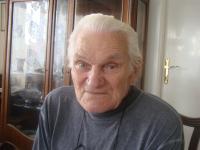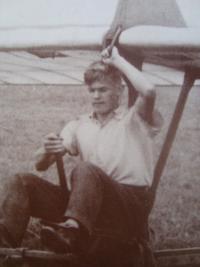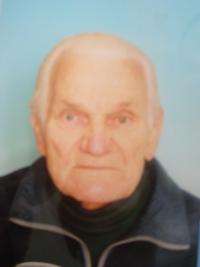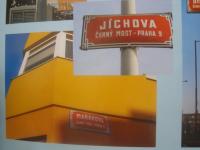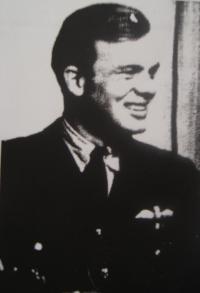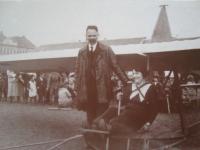We all claimed that brother was a clerk, and not a pilot, and therefore they released us
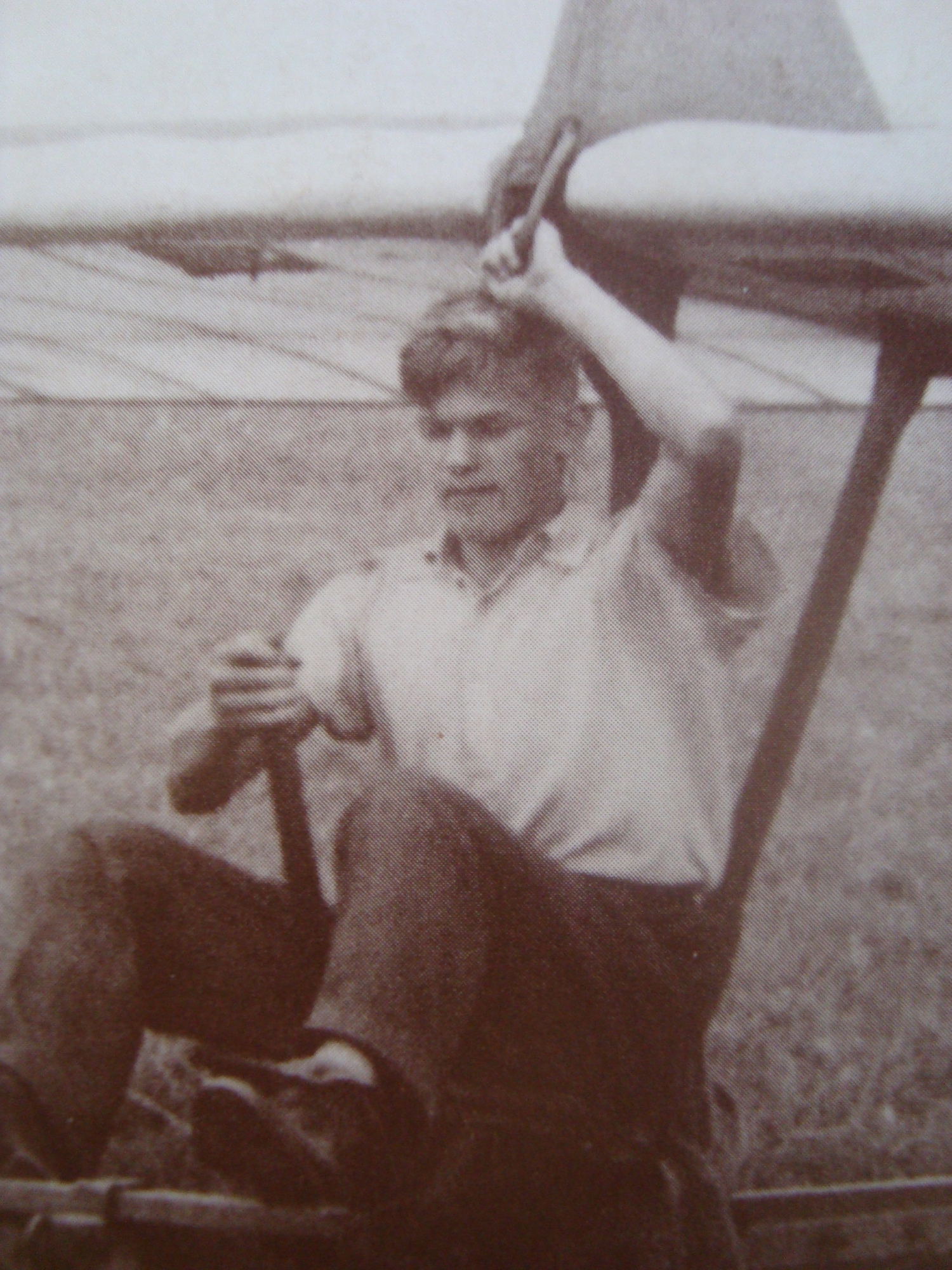
Download image
MUDr. Josef Maňák was born February 17, 1918 in České Budějovice. After completing elementary school and reformed grammar school he went to Prague to study medicine. Since he did not live in a student residence hall, he avoided the mass arrests of students on November 17, 1939 and he was able to take a train to Litvínovice. However, he eventually got arrested later because of his brother Jiří Maňák, who had escaped to France and England, where he served in the RAF. On September 14, 1942 Josef and all his family were arrested in the “Emikgration Aktion” and imprisoned in Tábor, then in the Kounic student residence hall, in Svatobořice and in Lutín, where he worked on construction of a railway track for a Messerschmitt assembly factory. In April 1945 he and his family were released and he went to České Budějovice, where he witnessed the end of the war. After the war he completed his studies of medicine and then he worked as an ear and throat specialist. Later he became the head of a hospital department in Písek, a town where he now lives.
